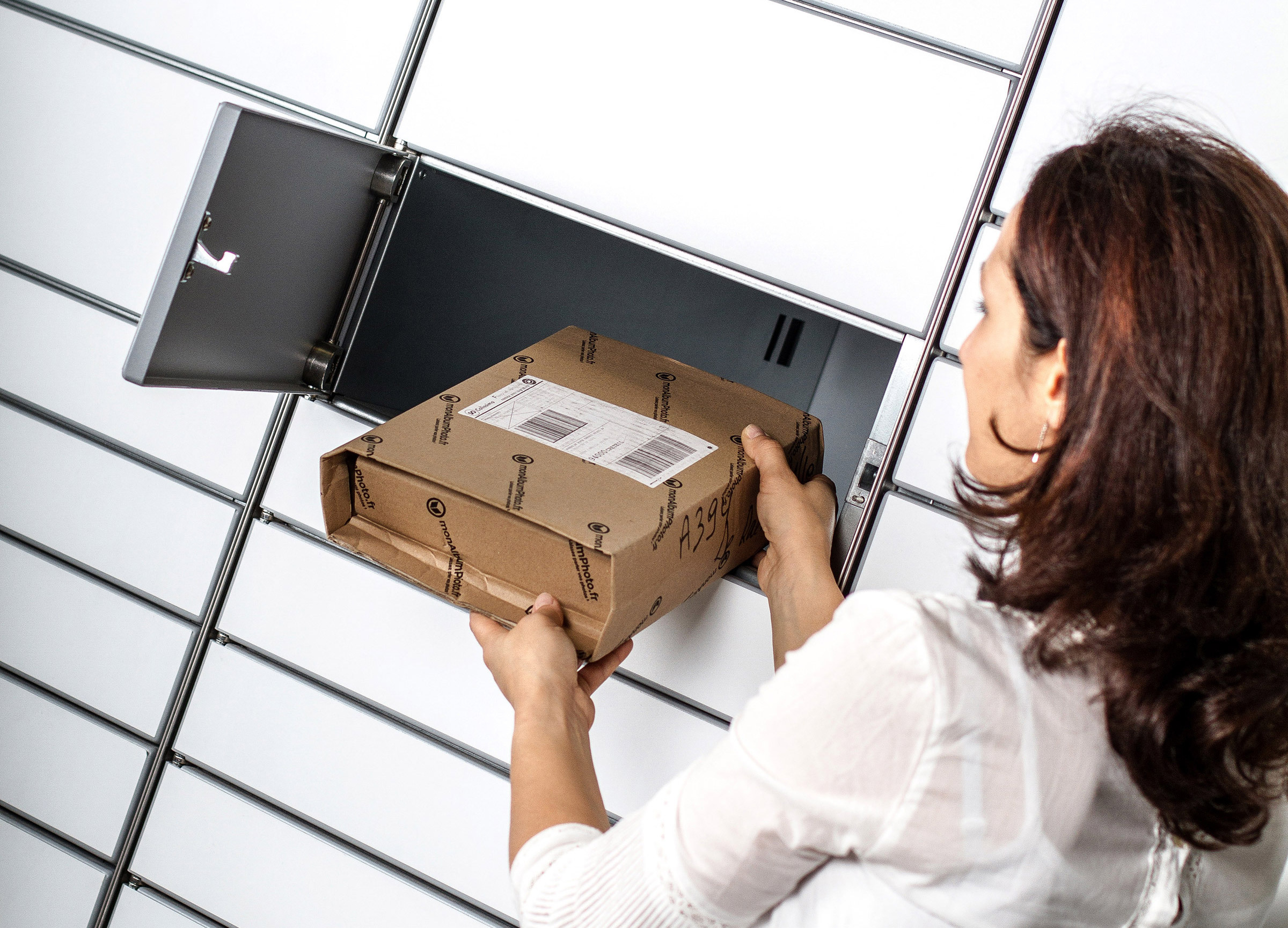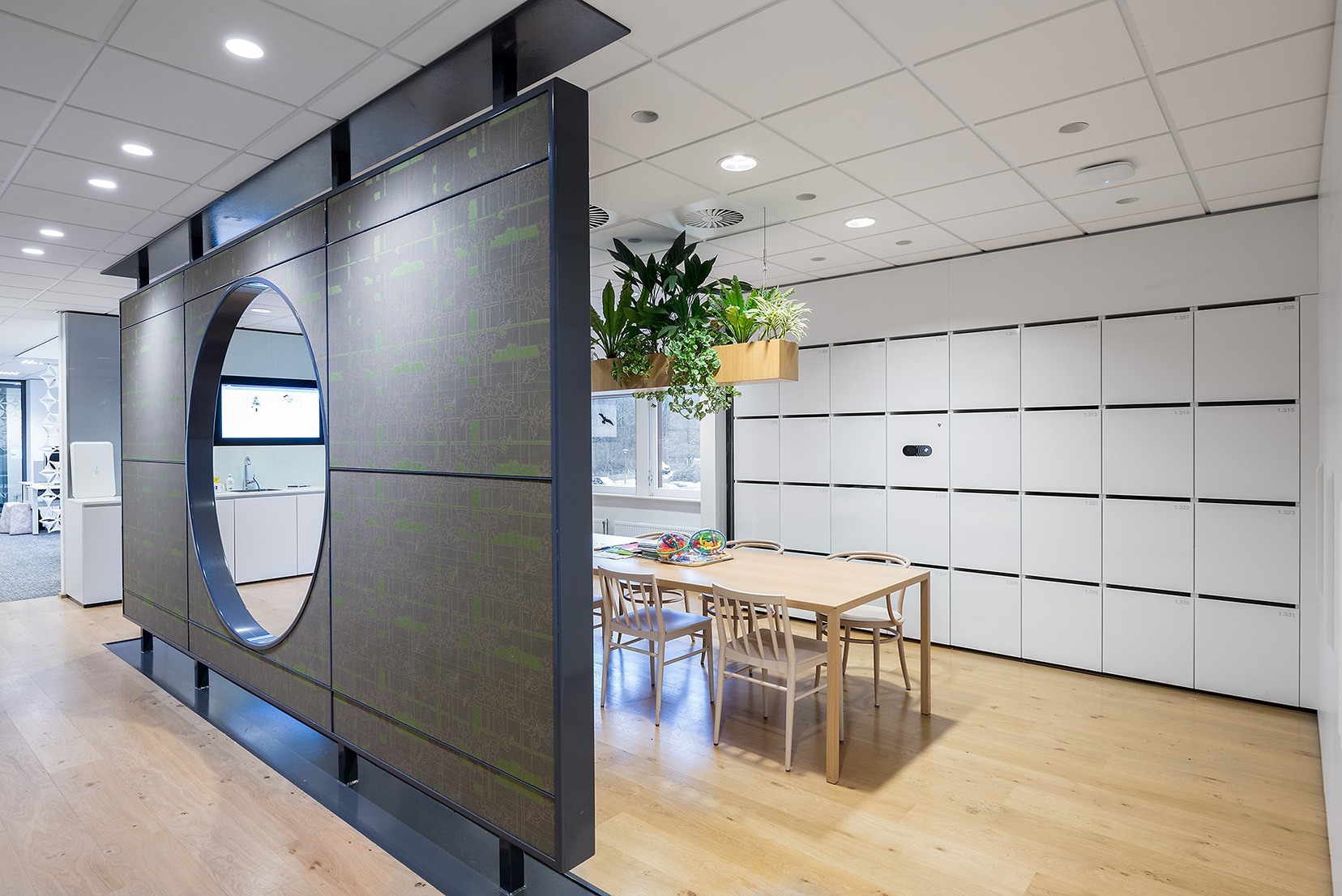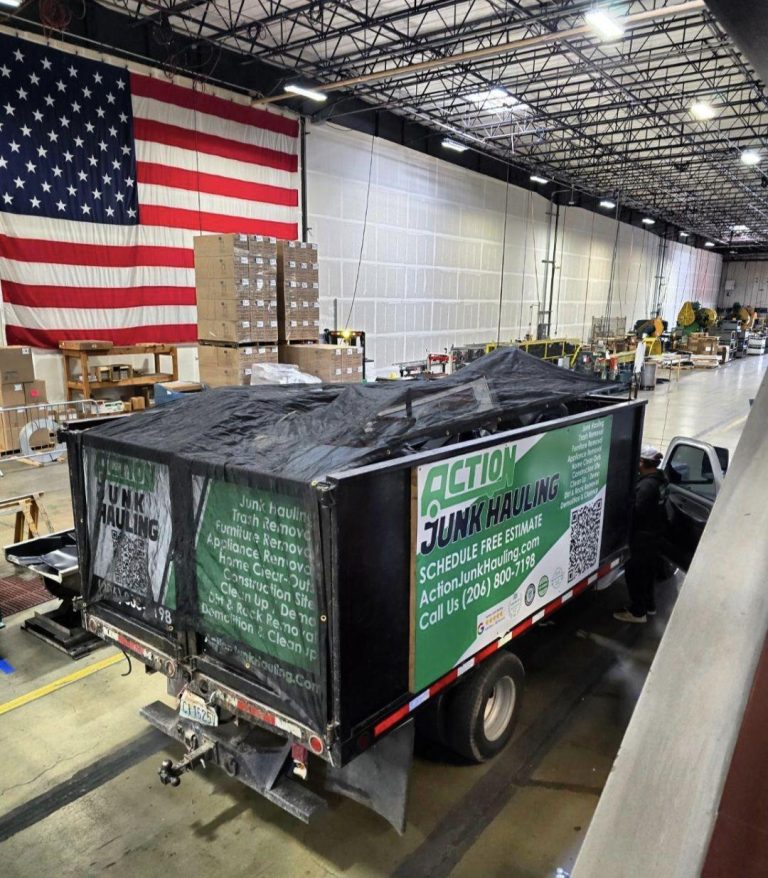
In today’s fast-paced world, efficiency and security are paramount concerns for businesses and institutions alike. Smart lockers have emerged as a cutting-edge solution to address these needs, revolutionizing the way packages, documents, and valuable items are managed and secured. The intricacies of smart lockers, exploring their functionality, benefits, applications, and future trends. The smart lockers represent a modern approach to storage and security, leveraging technology to streamline workflows and bolster protection. By incorporating features such as biometric authentication, IoT connectivity, and cloud-based management systems, smart lockers offer a versatile solution for organizations seeking to optimize their operations.
Understanding Smart Lockers
What are Smart Lockers?
Smart lockers are electronically controlled storage units equipped with advanced security features and remote management capabilities. These lockers can be accessed via various authentication methods, including PIN codes, RFID cards, biometric scans, or smartphone apps, providing authorized users with secure and convenient storage solutions.

How do Smart Lockers Work?
Smart lockers operate through a combination of hardware and software components. Each locker is equipped with sensors, locks, and communication modules, allowing users to interact with the system seamlessly. When a package or item is deposited into a locker, the system generates a unique identifier and notifies the intended recipient. Upon authentication, the recipient can retrieve their belongings at their convenience.
Benefits of Smart Lockers
- Efficiency Improvement: One of the primary advantages of smart lockers is their ability to streamline workflows and eliminate inefficiencies associated with traditional storage methods. By automating the process of package delivery and retrieval, smart lockers reduce wait times, minimize human error, and enhance overall productivity.
- Enhanced Security Measures: Security is a top priority for organizations handling sensitive or valuable items. Smart lockers offer a comprehensive security solution, featuring robust locks, tamper-proof designs, and real-time monitoring capabilities. Additionally, audit trails and access logs provide administrators with visibility into locker usage, enabling prompt action in case of unauthorized access or suspicious activities.
- Reduced Operational Costs: Implementing smart lockers can lead to significant cost savings over time. By optimizing space utilization, reducing labour requirements, and mitigating the risk of lost or stolen items, organizations can streamline their operations and allocate resources more efficiently.
Applications of Smart Lockers
Smart lockers find applications across various industries and environments, including:
- Corporate Environments: In office settings, smart lockers facilitate the secure exchange of documents, equipment, and personal belongings among employees. Whether it’s distributing company-issued devices, storing confidential files, or managing employee mail, smart lockers offer a convenient and secure solution for organizations of all sizes.
- Educational Institutions: Universities and colleges leverage smart lockers to streamline the distribution of textbooks, course materials, and student mail. By centralizing package management and providing students with 24/7 access to their belongings, educational institutions can enhance student satisfaction and operational efficiency.
- Healthcare Facilities: Hospitals and healthcare clinics utilize smart lockers for medication distribution, medical supply management, and patient belongings storage. With customizable configurations and stringent security measures, smart lockers ensure compliance with regulatory requirements while improving patient care delivery.
Smart lockers offer a multifaceted solution for organizations seeking to enhance efficiency, security, and convenience in their operations. By leveraging advanced technology and innovative design, smart lockers empower businesses, educational institutions, and healthcare facilities to optimize workflows, reduce costs, and deliver superior experiences to their stakeholders.







